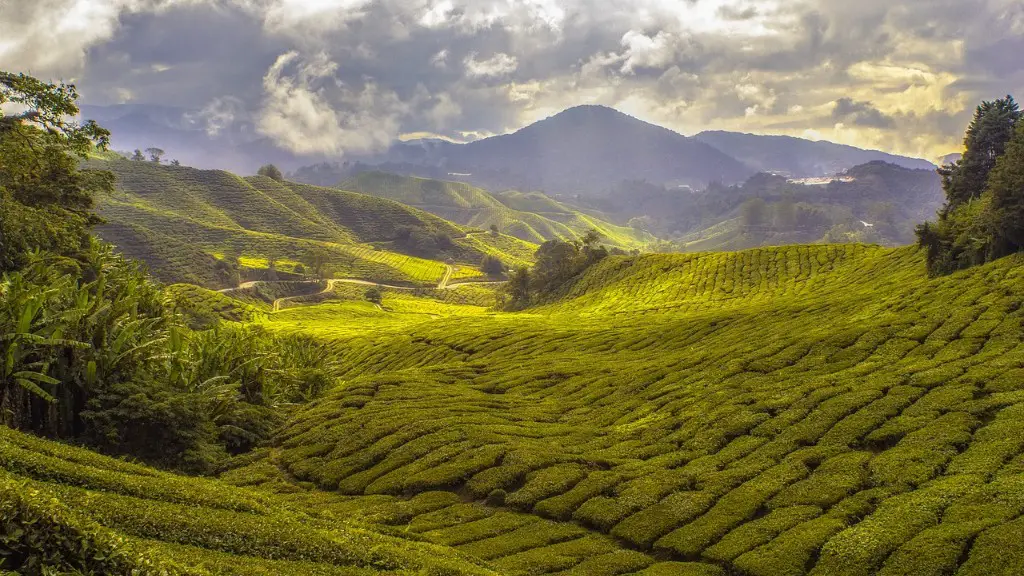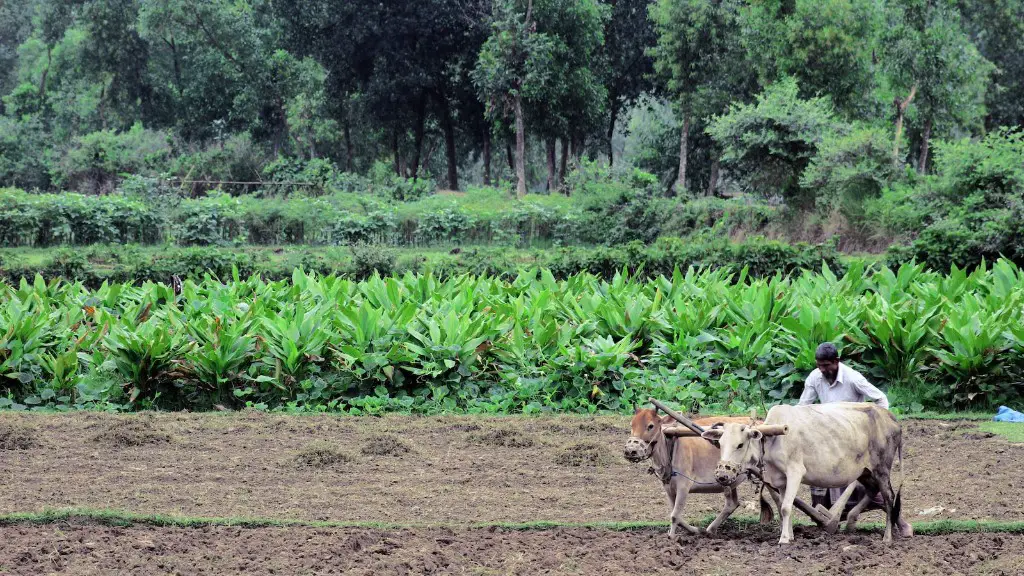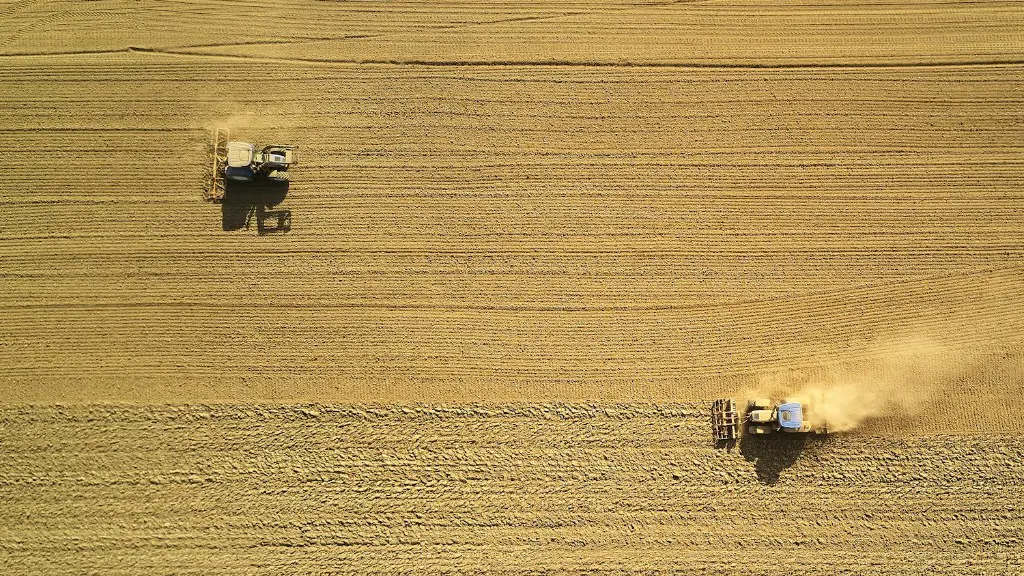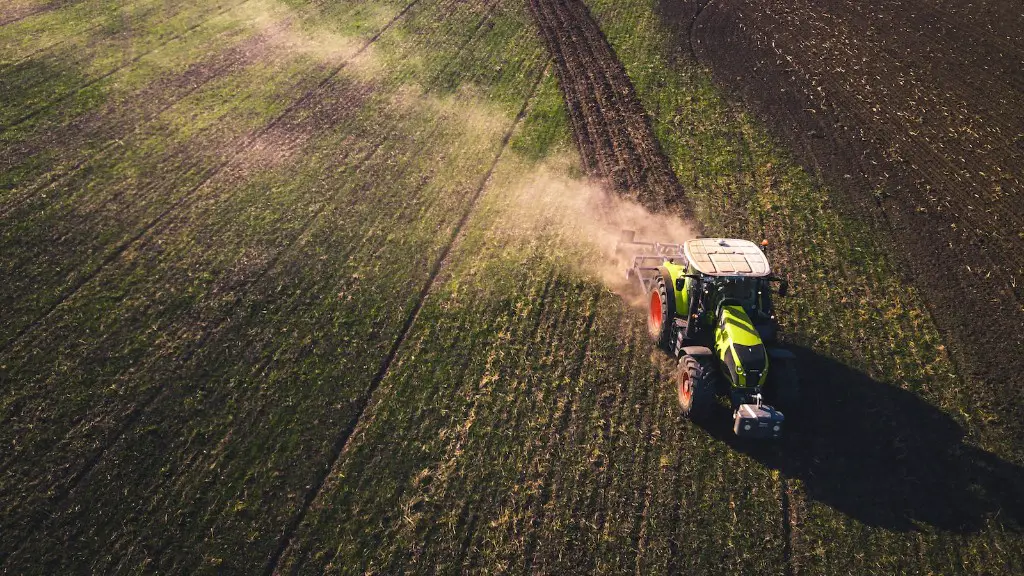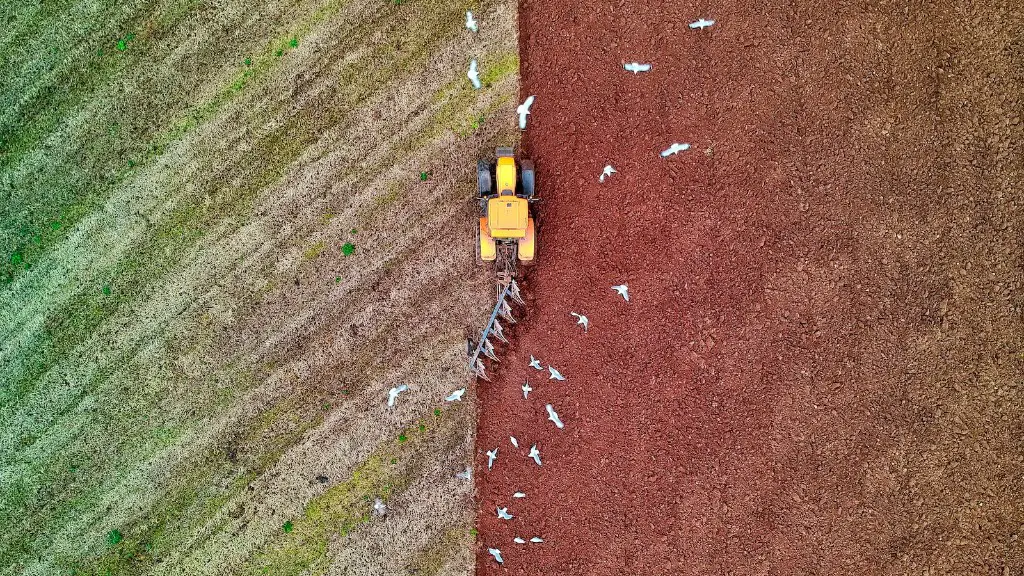In order to get an agriculture license, you will need to meet certain requirements set forth by the state in which you plan to operate. These requirements may include having a certain amount of acreage, owning a certain type of equipment, and/or being a certain age. Once you have met the requirements, you will need to submit an application to the state agriculture department. Once your application has been approved, you will be issued a license which will allow you to legally operate an agricultural business.
There is no one-size-fits-all answer to this question, as the process for obtaining an agriculture license will vary depending on the country in which you are attempting to obtain the license. However, some tips on how to get an agriculture license may include contacting the agricultural department of your local government to inquire about the specific requirements needed in your area, as well as seeking out agricultural licenses from online providers.
How do I get an ag permit in Washington state?
To get a Washington Agricultural Dealer License, go to the Washington State Department of Agriculture website and complete a Washington Agricultural Dealer License Application.
It’s a good idea to register your farm or homestead with the USDA’s Farm Services Agency, even though it’s not required in New York. This will allow you to see if you are eligible for any federal farm programs and resources, including financing.
Do I need an agriculture license in Florida
Any person, partnership or corporation doing business in Florida by buying, receiving, soliciting, handling or negotiating agricultural products from Florida producers or their agents for resale or processing for sale must be licensed by the Florida Department of Agriculture and Consumer Services. The license must be renewed annually. A surety bond is also required.
To obtain a Florida Agricultural Dealer License, you must complete the Florida Agricultural Dealer Application, obtain a Florida Agricultural Dealer Surety Bond, and send the application and bond to the Department of Agriculture.
What qualifies as a farm in Washington state?
A parcel of land used for commercial livestock or agricultural production must be at least 20 acres and enrolled in the Federal Conservation Reserve program. This program is administered by the United States Department of Agriculture.
A farm tractor is a motor vehicle designed and used primarily as a farm implement for drawing plows, mowing machines, and other implements of husbandry.
How many acres do you need to be considered a farm in NY?
To qualify for agricultural assessment, land generally must be a minimum of 7 acres and farmed by a single operation. Land must be used for crop production, commercial boarding of horses or livestock production.
In order to qualify as a producer of certified agricultural products in New York State, the farm must meet the following certification criteria:
The products must be grown and produced in New York State.
The farms must participate in a third-party food safety verification program, if applicable.
The producers must participate in an environmental management program.
Can I make a farm in my backyard
With food prices continuing to rise, more families are finding that backyard farming is a great way to have access to higher quality foods without spending a lot of money. Whether you have a large piece of property outside of town or a small city lot, you and your family can benefit from turning your backyard into a microfarm. There are many resources available to help you get started, and you can tailor your backyard farm to fit your family’s needs and preferences. With a little planning and effort, you can enjoy fresh, healthy food all year round!
There are a few different things that can be meant when someone refers to a “row crop.” Typically, five acres or less is used in conjunction with other properties for the purposes of farming. Alternatively, the term “row crops” can be used in reference to those agricultural products referred to as vegetables. In this case, row crops are planted in rows and harvested by hand or with the use of simple machinery.
What are 3 main types of agriculture Florida?
Florida’s climate is hot and humid, with temperatures averaging around 80 degrees Fahrenheit. This makes it ideal for growing a variety of crops, including oranges, greenhouse and nursery products, cane for sugar, and cattle and calves. Florida’s soil is also rich in nutrients, which helps crops to grow healthy and strong.
All dealers of agricultural products in the state of Florida are required to be licensed and bonded. This includes dealers of nursery plants. The license and bond law in Florida exists to protect both dealers and consumers. It ensures that dealers are financially responsible for any losses that may occur during the course of business, and it protects consumers by ensuring that they can receive compensation if they are harmed by a dealer’s negligence.
What qualifies you as a farmer
When it comes to farming, there are a lot of different things that you can do in order to make a profit. This includes cultivating, operating, and managing a farm. You can also do things like raise livestock, dairy, poultry, fish, and fruit. Additionally, you can also run a plantation, ranch, or orchard. All of these options can be profitable if done correctly.
There are many factors to consider when starting a farm. From what product you will grow, to the finances involved in purchasing property and equipment. It is important to develop a business plan and marketing strategy to ensure success. The following steps will help you get started on the right path.
1. Choose Something to Produce
2. Learn the Ins and Outs of Your Product
3. Figure Out Your Finances
4. Purchase Your Property
5. Strategize and Prepare
6. Implement Your Farming Business Plan
7. Develop Your Product
8. Market Your Products
How do I become a small farmer?
There are many people who dream of starting their own small farm. While it is a lot of work, it can also be a very rewarding experience. If you are thinking about starting a small farm, there are a few things you should keep in mind.
The first step is to start out small. You don’t want to jump into something too big and overwhelming. It is best to start with a few acres and then expand as you get more experience.
The second step is to get some real-world experience. You can do this by working on a farm for a few months or years. This will give you a good idea of what it takes to run a farm.
The third step is to decide if you want to do this to earn money or not. If you are looking to earn money from your farm, you will need to find a niche and research it. There are a lot of ways to make money from a farm, but you need to find something that will work for you.
The fourth step is to get your land. This is a very important step and you need to make sure you get the right land for your farm. You will also need to get financing for your farm.
The fifth step is
The amount of acreage you need for farming will depend on what you are growing. A small orchard might need 5 acres, whereas ground fruits and vegetables for the whole family might need 1-2 acres.
Conclusion
There is no one-size-fits-all answer to this question, as the process for obtaining an agriculture license varies depending on the country in which you are applying. However, some tips that may be helpful include researching the specific requirements for your country, contacting the relevant agricultural authorities in your country, and ensuring that you have the required qualifications and experience.
There are a few requirements that must be met in order to get an agriculture license. The applicant must have completed an agricultural education program and have at least two years of farming experience. They must also pass an exam administered by the state Department of Agriculture. Once these requirements are met, the applicant can apply for a license through the Department of Agriculture.
